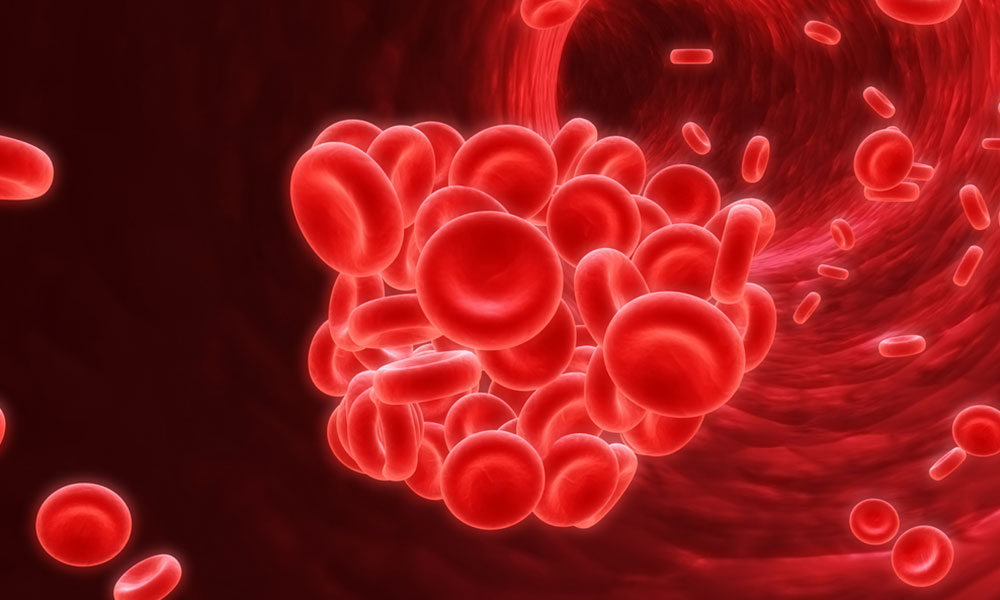Health Tips
The Risks and Dangers of Bloodclots
Blood clots are able to form in any blood vessel in the body. These clots can end up traveling to the brain, heart, lungs and other areas of the body if it breaks away. This can lead to serious complications because clots block the flow of blood to other major organs in the body.
This can lead to you having a stroke or heart attack. Some complications that can occur from this are developing a pulmonary embolism, kidney failure, deep vein thrombosis, or even complications during your pregnancy.
A pulmonary embolism is a clot that travels and gets lodged in the pulmonary artery of one of your lungs. This can lower the oxygen levels in the blood and result in damage to the heart, lungs and other major organs.
Kidney failure occurs when a blood clot ends up in your kidneys, causing damage and your kidneys end up failing. The clot ends up making waste and fluid back up in your kidneys causing a number of major complications including high blood pressure.
When a blood clot forms in a deep vein of an arm or leg this is known as deep vein thrombosis. When this happens it will cause symptoms to occur where the clot is located in the arm or leg. If it is not treated immediately and ends up breaking lose, it can end up traveling straight to your lungs causing serious complications.
During your pregnancy it is supposed to be one of the happiest times of your life. Nobody ever wants to consider there being complications with your pregnancy but they can happen. Blood clots that form during pregnancy normally occur in veins of your lower extremities or pelvis. This then creates the risk of developing a pulmonary embolism and all the complications that go along with it as well as the chance for a miscarriage, premature labor, or even death for the mother.
There are many ways for doctors to treat blood clots today, like with blood thinning medications should the need arise for you to ever be put on them. However, it is better if you take the necessary steps to prevent blood clots before they even happen because the consequences of a blood clot can be serious or even fatal if not caught in time. Three things that could drastically help you better your chances of not getting a blood clot are, telling your doctor about a family history of blood clotting, if you smoke stop smoking, and if you are obese lose weight.
If you have any questions regarding blood clots, we urge you to please contact your health care specialist. It is so very important for you to seek treatment and follow your doctors instructions completely in order for you to stay healthy.



